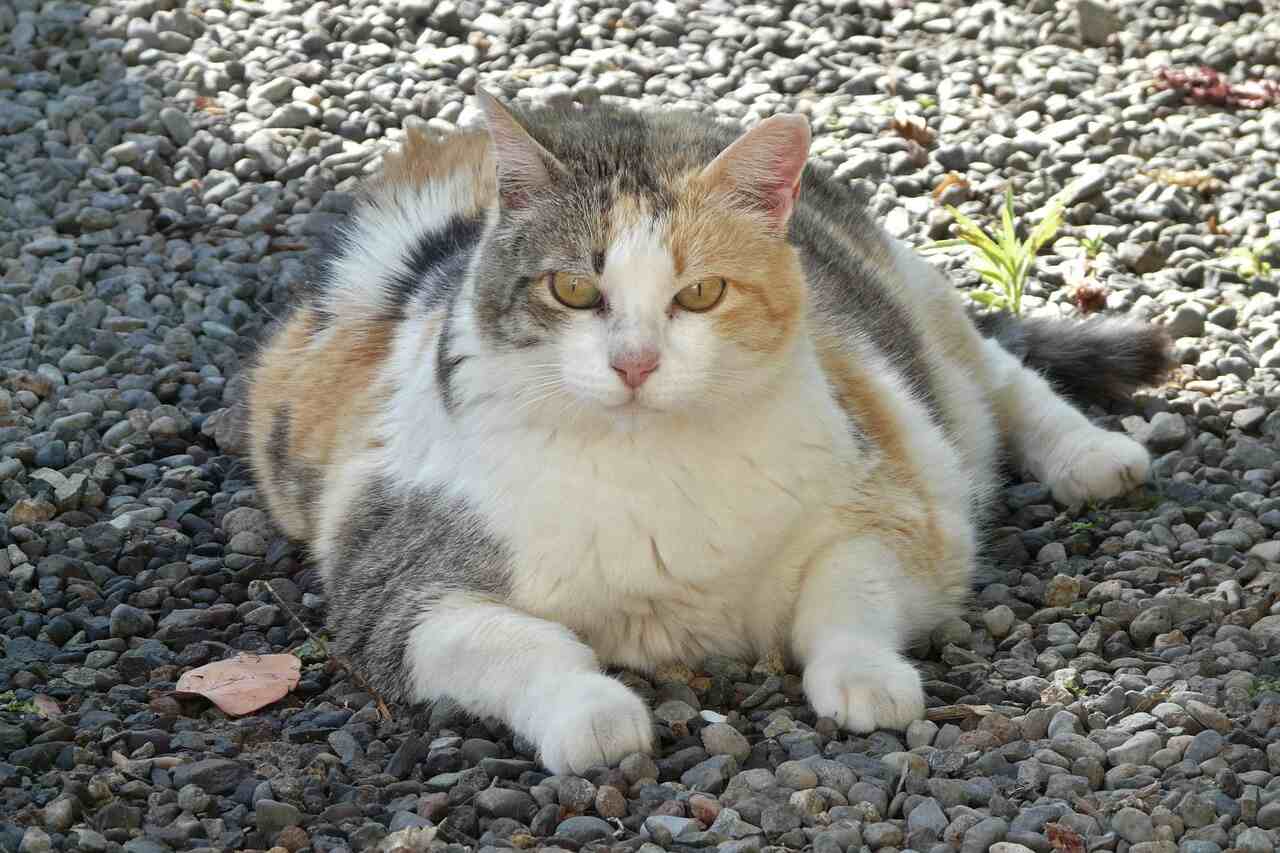
According to a new study, obese cats can help humans better understand how gut bacteria influence conditions like obesity and type 2 diabetes.
In the research, recently published in the scientific journal Scientific Reports, researchers found that diet-related changes in the gut microbiome of obese cats have striking similarities to how diet affects the human gut.
For the study, researchers fed seven obese cats a strict diet for 16 weeks. The diet progressed from free feeding with commercial cat food to a special weight loss diet and then to calorie-restricted weight loss food.
The researchers found that a short-chain fatty acid called propionic acid increased in the fecal samples of cats that lost weight on the calorie-restricted diet. Propionic acid has been shown in other mammals to help regulate appetite, reduce fat accumulation, and protect against obesity and diabetes. This increase in propionic acid was associated with a rise in the gut bacterium Prevotella 9 copri.
“Being able to see changes in cats that occur in the context of obesity and type 2 diabetes in people makes them a really good model to start looking for more targeted microbiome therapies for obesity in humans if we are seeing a similar change,” explained Dr. Jenessa Weston, assistant professor of veterinary clinical sciences at Ohio State University and the study’s lead researcher.
As a result, pet cats may be the best source of information on the human microbiome and whether altering gut bacteria could help combat obesity, according to the researchers.
“Animals share our beds. […] There are all these things people do with their pets that highlight that they are a naturally occurring disease model, with similar environmental exposures to humans,” added Weston, who is now overseeing two large clinical trials exploring the potential of fecal transplants to help overweight dogs and cats lose weight.

